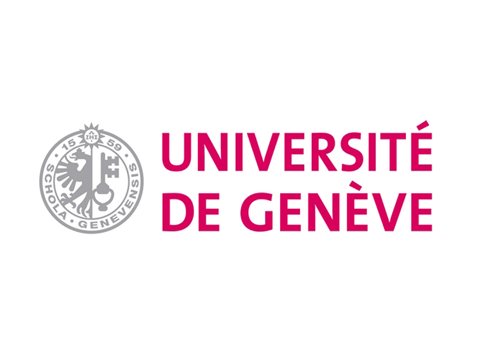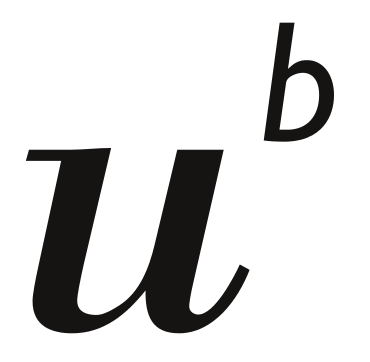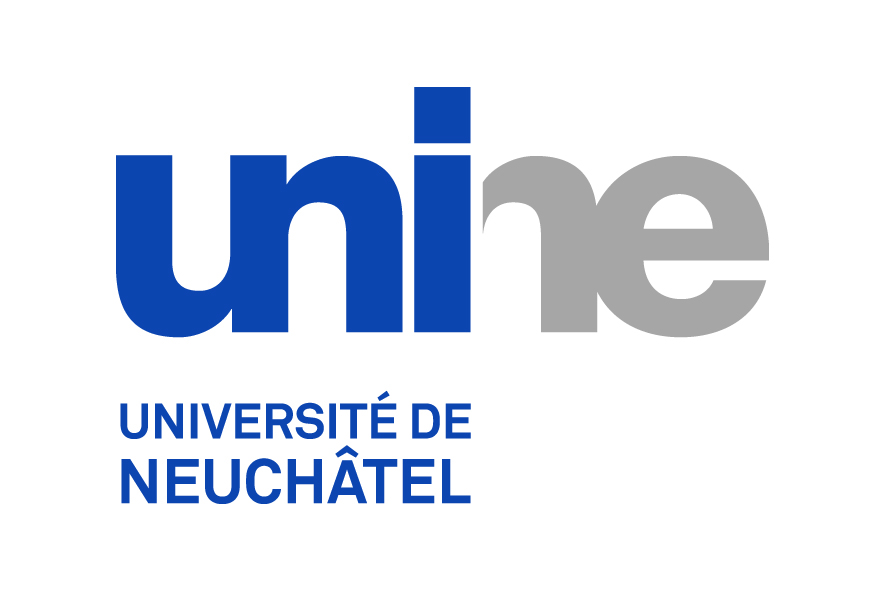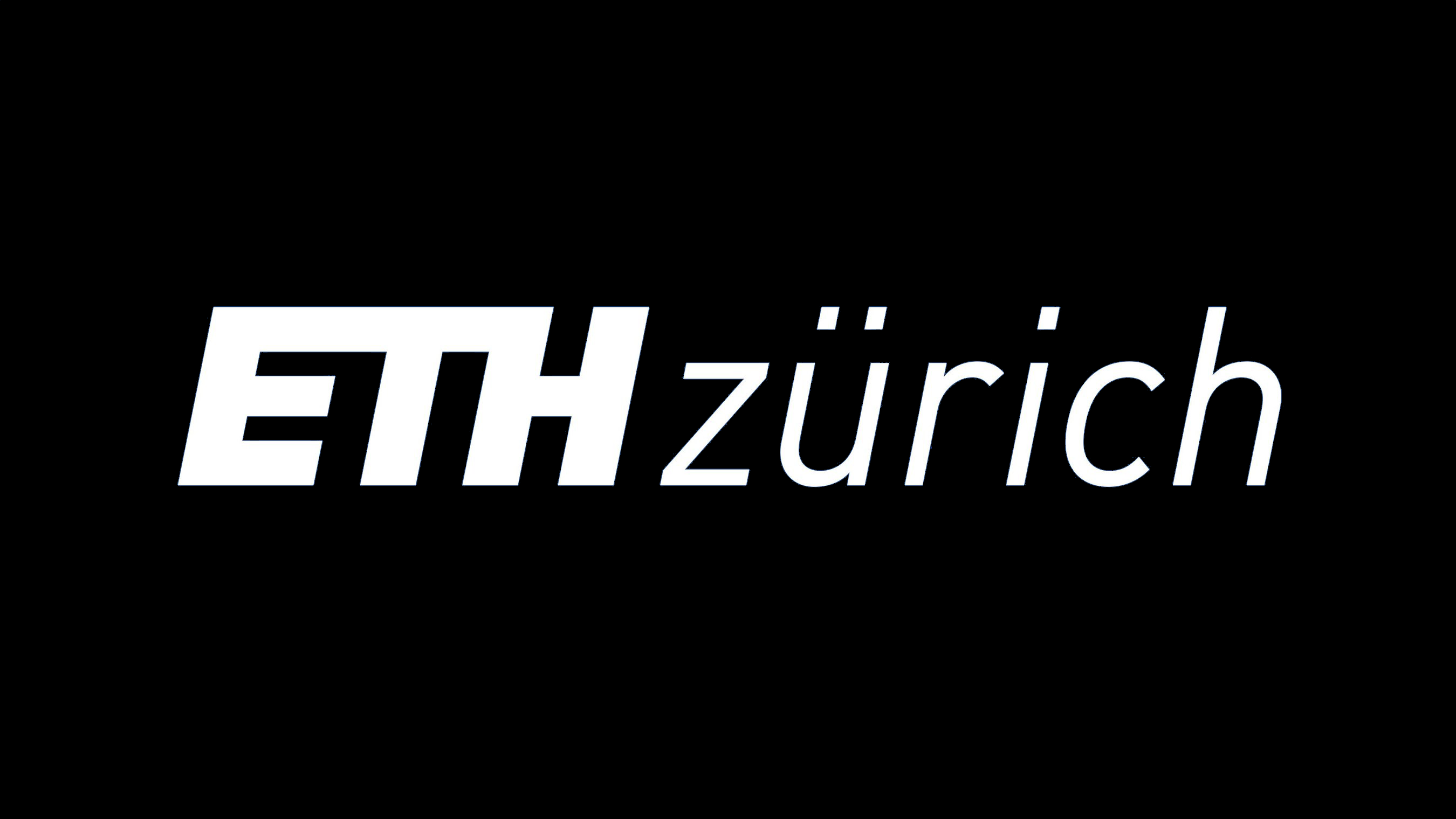Swiss national project - Geneva Linking a waste-to-energy plant with high-temperature aquifer thermal storage
Concept
The project will allow the assessment of the heat storage potential for the development of a HT-ATES System connected to the waste-to-energy plant located in Cheneviers (Canton of Geneva). This plant uses domestic wastes to produce energy and emits about 50GWh/year of waste heat to the environment, which could potentially be stored in the Geneva subsurface. The subsurface conditions will be constrained by drilling and testing at two different locations where two potential reservoirs in the Cretaceous and Jurassic limestone are located between 500 m and 1100m respectively. At this stage, this will focus on the technical, economical, regulatory, and social constraints, which will lead to a commercial implementation of the system in a future stage.
A modular and holistic approach will be developed addressing these following aspects:
- Resource assessment and reservoir characterization by drilling of two deep wells, collecting well data, running laboratory experiments, developing and running in-situ test protocols adapted for determining key reservoirs parameters in the context of a HT-ATES, and running production/injection tests reproducing the envisaged full-scale future operating conditions.
- Reservoir & development scenario modelling in order to provide the industrial developers with the necessary background knowledge to assist their decision-making process.
- Energy modelling to integrate the HT-ATES system into the existing network.
- Economic modelling aiming at reducing the risk and the costs of a running HT-ATES system focussing on the sustainable development of the project.
The project is set as a TRL 5-6 as SIG will provide the means to create a natural living laboratory at field scale. If the subsurface and surface conditions will be favourable we believe that after the 3-year program developed in this project an operational and commercial implementation can start within 5 years after the end of the project with the following expected outcomes:
- Increased geothermal development for district heating;
- Integration of renewable and smart supply of energy into the current energy system;
- Optimisation of energy production by combining waste incineration and geothermal energy storage;
- Overall Improvement of environmental sustainability.
Partners
Status updates
SIG has obtained an exploration permit on August 25, 2017. This permit is valid for at least 3 years. To carry out drilling operations in Geneva, in addition of obtaining the agreement of the land owner (s) of the parcel concerned by the drilling project, it is necessary to obtain of a building permit by the Geneva Building Authorization Office (OAC). This authorization regulates the modalities of the installation of the site and the progress of the site and the operations. An Environmental Impact Statement (EIS) is also required.
The well GEo-1 in the Cretaceous started in September 2017 and ended in April 2018. The well, at 770 m depth, is artesian with a flow rate of 50 l/s and a temperature of 34°C. Well GEo-02, 1100 m depth, is under permitting and is planned to start on September 2019. The drilling phase to 1100 m and tests within the Cretaceous and Upper Jurassic will take 7 months.






